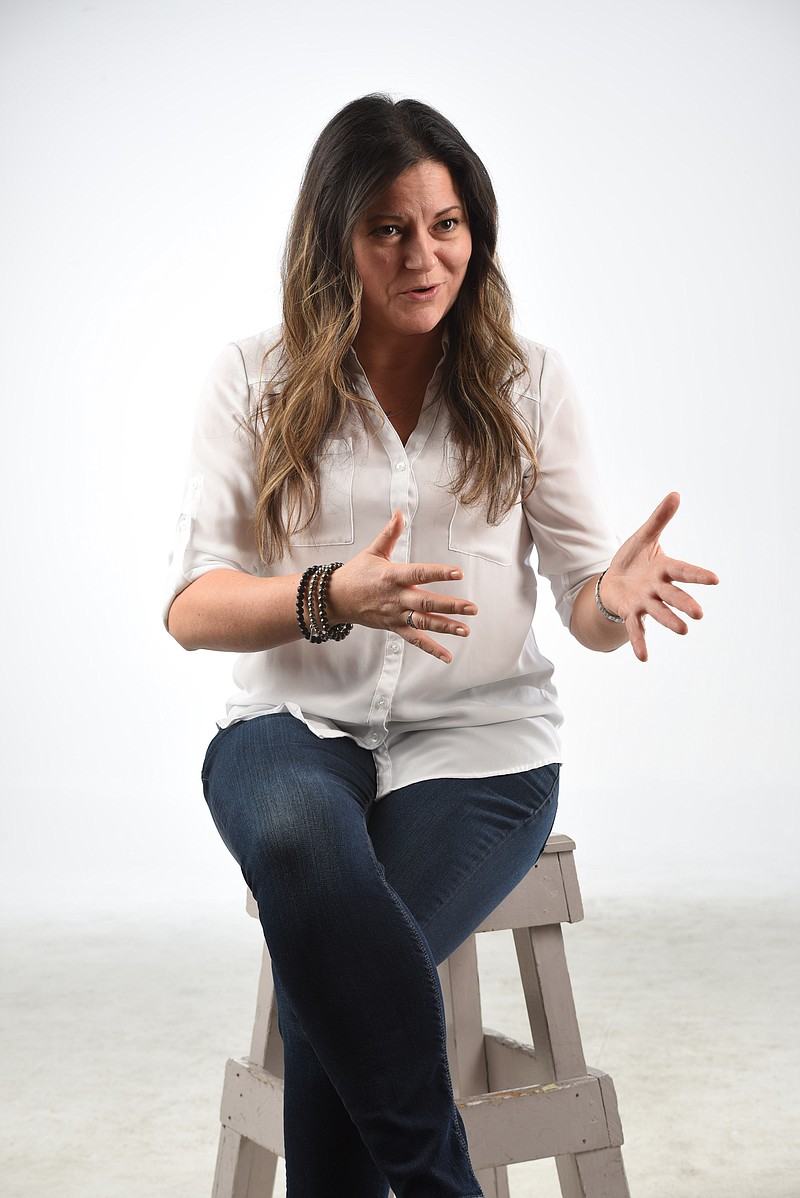A few months back, I created a post that went viral on LinkedIn. My intent was to share a personal leadership failure and to understand the "why" behind that failure. One of my leadership behaviors is to get curious about my failures as a person, leader or worker. Doing so enables me to conduct my own personal kaizen, which is Japanese for "change for the better," or as many understand it, continuous improvement.
Here is what I said: "I used to tell the people I supervised to leave their personal lives at home. I used to say that once they walked onto company property, those issues weren't the company's problem nor were they mine. What I was really saying was this: I don't see you as human, only a tool in which to accomplish the company's goals today. I don't care that you have a life with potential struggles outside of work nor would I be willing to show you any professional compassion either. I am unable to connect that who we are at home will inevitably show up at work in some way, including the emotional stuff. I am not human either with these high expectations of mine (nor would I ever want you to see my humanness) so when I make a mistake or have a bad day, it will be someone else's fault. Do you see how the errors of my ways only restricted the progress and wellbeing of a team?"
It's funny how posts on the internet go "viral;" in my mind, it's a reflection of the common ground that many of us share.
The popularity of my post suggested that other people shared a common problem - disengaged workers and unhealthy leadership behaviors - and were running into the same brick walls I was. From thorough explanations, motivational speeches, incentivizing change to threats, fear, avoidance and exclusion - no matter what I tried, it backfired or failed.
There had to be a better way to come together as workers, leaders and business owners. I wanted to lead differently but didn't know how. To my surprise, it really came down to something simple we all need in our lives: trust.
Understanding trust and how it affects our daily workplaces are critical. Trust is one of the top behaviors or traits people are looking for in a spouse, a new leader or a new workplace team member. Understanding and appreciating the flip side - lack of trust - is as important. Lack of trust is the reason behind so many conflicts, failed initiatives and high turnover, yet trust is one of the hardest elements of a business environment to measure. It's tied to employee engagement as well as employee and customer retention.
So what is trust? Is it something you feel? Something you know to be true through experience? Yes, and more.
Think about this for a moment: When is trust not at the center of what we do, daily? Trust keeps us boarding airplanes. It keeps us in marriages when our spouse is traveling overseas. It keeps us connected to our peers, co-workers and employers. It's pivotal yet it's not something we give to another when we first encounter them. I'm not suggesting that you automatically trust every situation, person or experience right out of the gate; I am suggesting that we learn to discern the difference between trustworthy behaviors and ones that are not. It's our nature to first doubt, fear and judge. Those ugly teeth come out until trust is earned.
Earning trust takes time. It is built with consistent, reliable, respectful behaviors. Most importantly, behaviors that we so quickly and critically spot in others are opportunities for improvement in ourselves. I have this saying: You spot it, you got it. Essentially, when you see behaviors that you don't trust in others, ask yourself, is that something that I do? Chances are, if you see it in someone else, it's something you do too.
Being a leader means being trustworthy. You cannot truly lead if you are not trusted, at least not for long. And if you want to be trusted, you must first understand the critical behaviors of trust and then behave in that way. While understanding our own behaviors will truly set us free, we will first be miserable until we can accept the errors of our ways - and then make the intentional choice to change.
Sabrina L. Butcher is the chief executive officer and founder of Chattanooga-based LUCYdoes. Email her at Sabrina@lucydoes.com.
